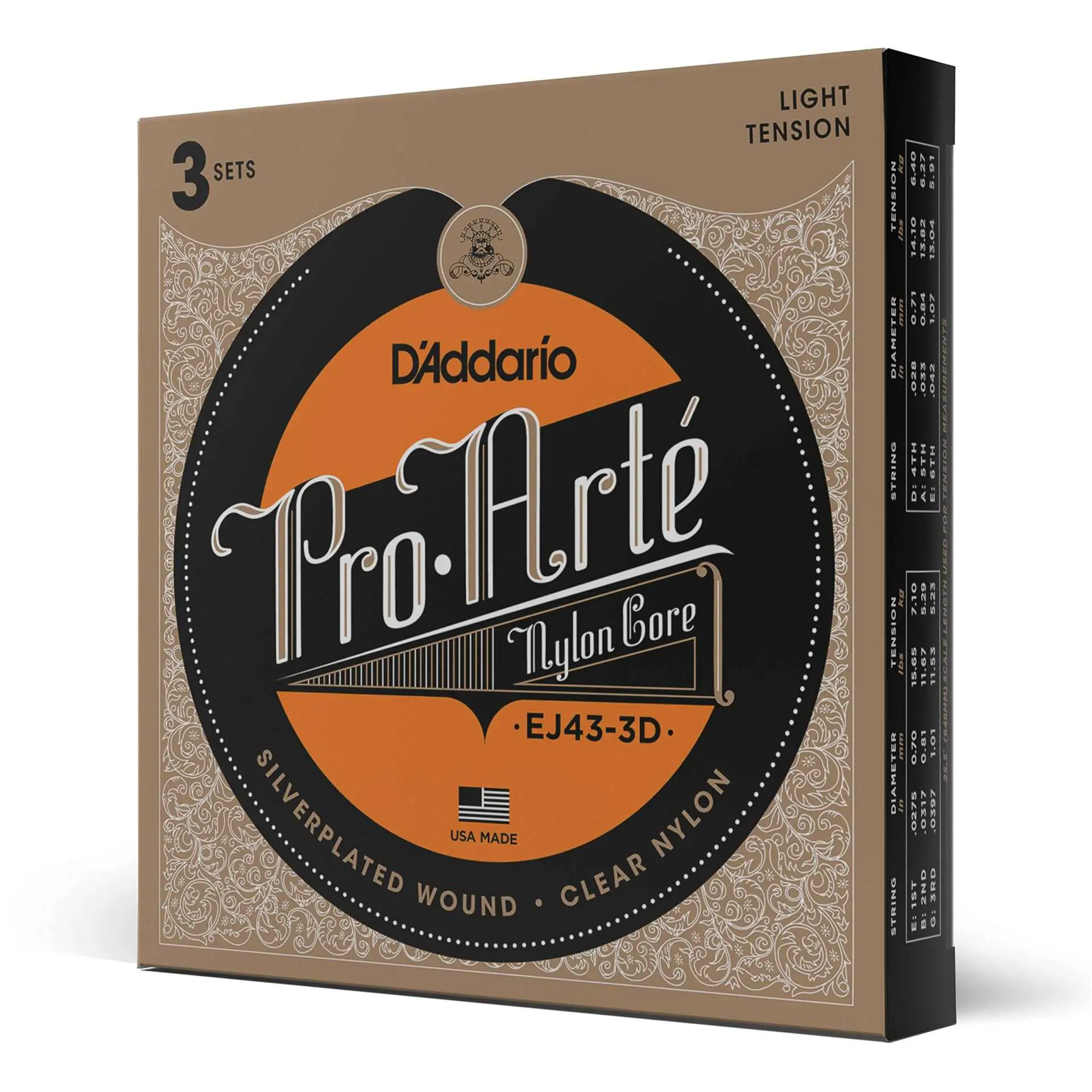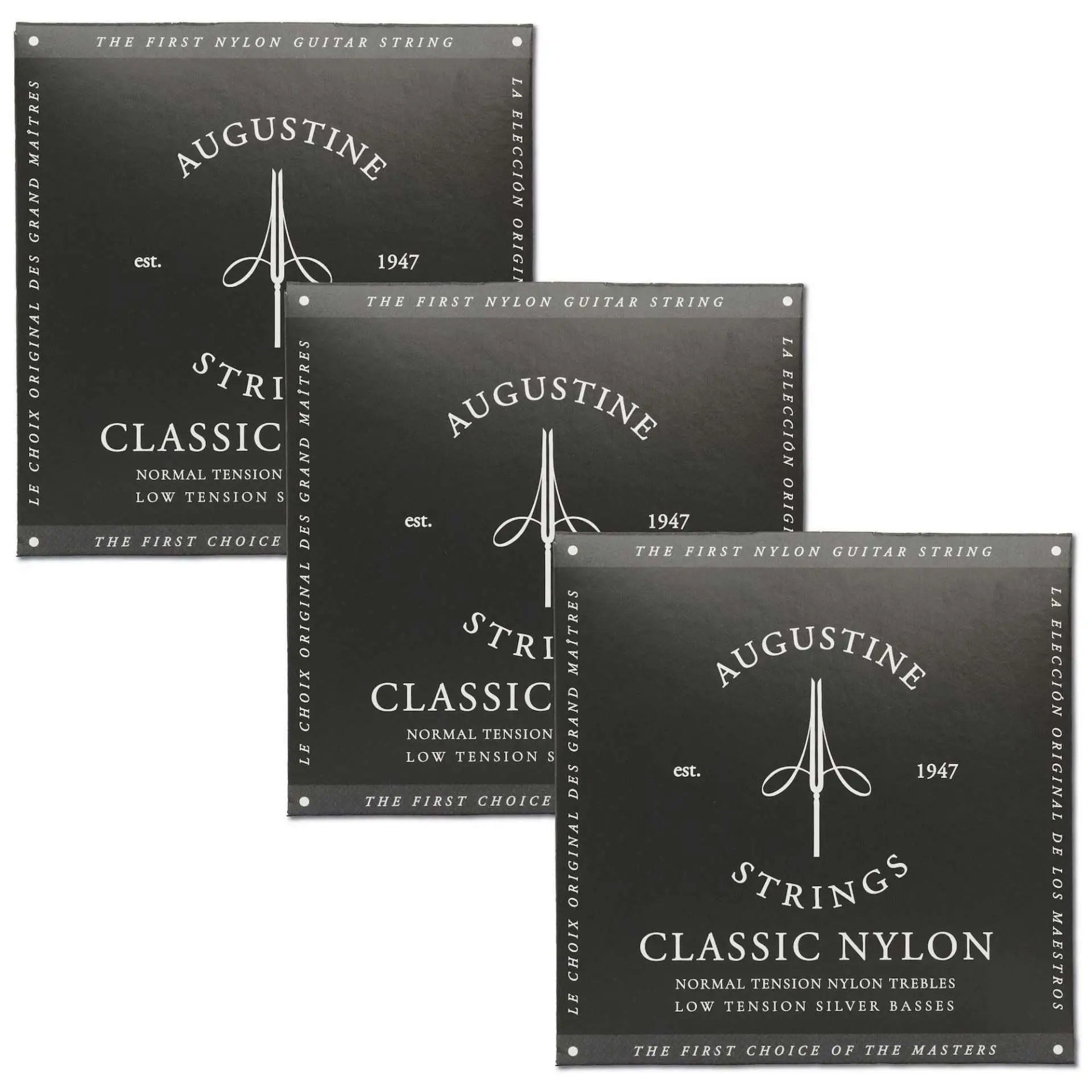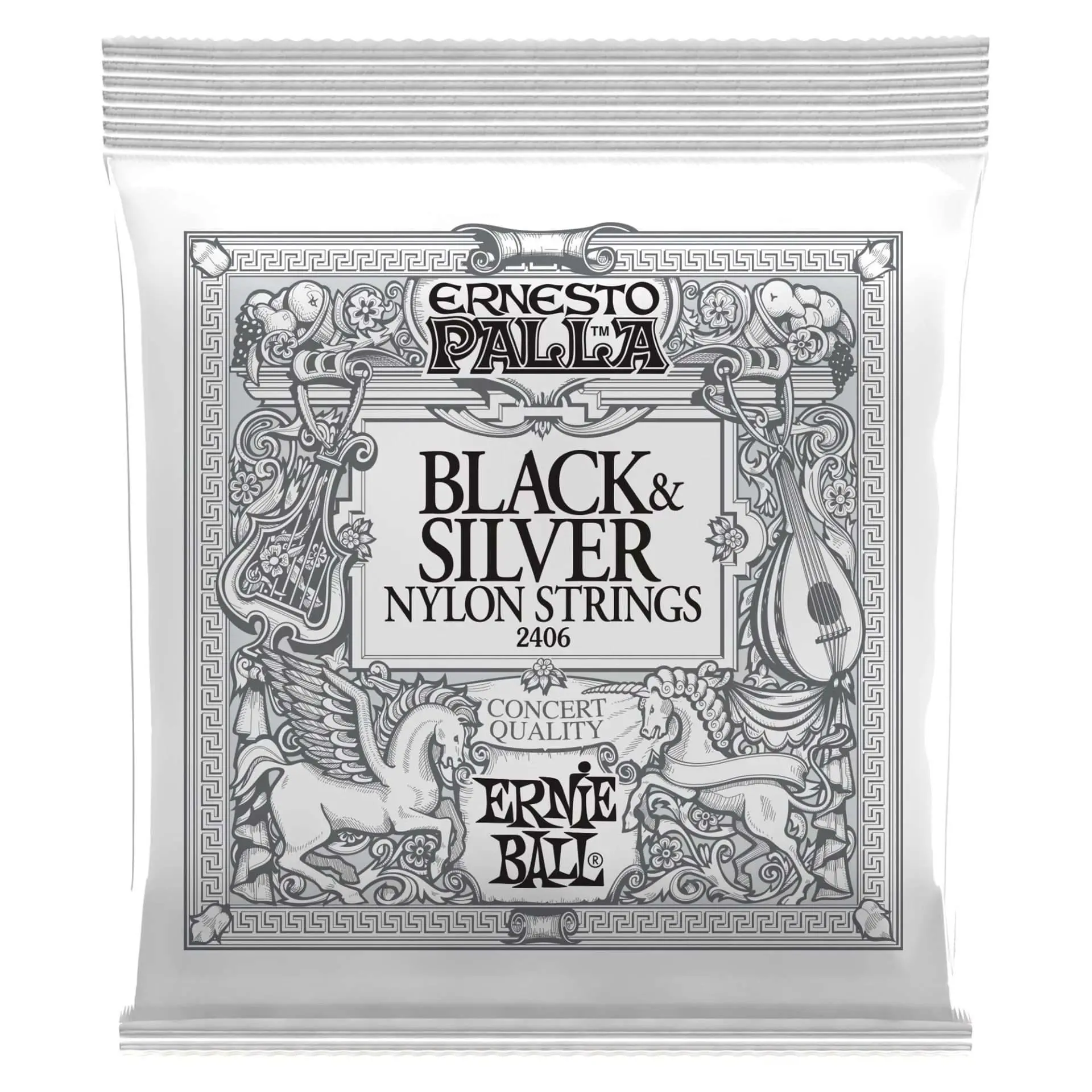Close your eyes and imagine the warm, honeyed tones of a classical guitar floating through the air. Now, what if I told you that the secret to that sound isn’t just in the skilled fingers of the player, but in the very strings themselves? The best guitar strings for classical guitar are like the perfect spices in a master chef’s kitchen – they can elevate the ordinary to the extraordinary.
From the crisp, bell-like clarity of nylon trebles to the rich, resonant thrum of silver-plated bass strings, each set tells a unique sonic story. But here’s the million-dollar question: how do you choose the strings that will make your guitar sing like a Spanish nightingale?
Whether you’re a budding virtuoso or a seasoned maestro, finding the right strings can be the difference between playing notes and making music. Ready to unlock the full potential of your classical guitar? Let’s dive into the world of strings and discover how to make your instrument truly sing.

Choosing the Right Classical Guitar Strings
We understand that the right set of strings can greatly enhance the sound and playability of a classical guitar. Our selection provides a variety of options to suit different preferences and playing styles, ensuring that each guitarist can find the perfect match for their instrument. Upgrading to high-quality strings can lead to a richer tone, more consistent intonation, and a comfortable playing experience.
D’Addario Pro-Arte Strings

Should you opt for these strings? Absolutely, particularly if a warm, consistent response, and the classic nylon string feel are what you’re after.
Pros
- Yield a traditional warm classical tone
- Offer responsive playability for nuanced expression
- Made in the USA, ensuring high-quality craftsmanship
Cons
- Light tension may not suit all playing styles
- Tie ends might be challenging for beginners to attach
- Light gauge strings might not project as much volume as heavier alternatives
After stringing our guitar with the D’Addario Pro-Arte set, we noticed an immediate difference in the warmth and clarity of each note. Whether we were fingerpicking through a complex piece or strumming a simple chord progression, the strings responded with the kind of sensitivity that’s ideal for classical and fingerstyle players. Their light tension feels gentle under the fingers, making prolonged practice sessions less taxing, and we appreciated the strings’ forgiving nature when it came to dynamic playing.
These strings are not a one-size-fits-all solution. For us, the lower tension worked marvelously; it made for an effortlessly playable experience, especially on a more delicately constructed classical guitar. However, some players may prefer a little more resistance for a feeling of stability and to drive a larger sound out of their instrument. Despite this, there’s a pleasing balance provided by the silver-plated copper winding that does a fine job of projecting the strings’ inherent warmth.
Upon receiving this 3-pack, we took note of its carefully considered packaging designed to protect the strings until they’re ready to be used, which speaks volumes about D’Addario’s attention to sustainably-minded practices and quality assurance. The strings settled in quickly, too, reaching a stable tuning faster than we’ve experienced with some other brands. It’s a subtle reminder of the expertise behind these strings, developed through generations of string-making artistry. While attaching the tie ends may initially seem daunting, it’s a skill easily mastered and well worth the effort for the classical authenticity these strings offer.
Augustine Classic Nylon Black Strings

If you’re seeking a blend of traditional tone and effortless playability, the Augustine Classic Black Strings are an excellent choice.
Pros
- Authentic warm, sweet sound reminiscent of classical guitar legends
- Product hails from a reputable New York manufacturer with a storied history
- Bundle includes three low-tension sets, ideal for players valuing comfort and longevity
Cons
- Low tension might not satisfy those who prefer a more resistant feel
- Lacks individual string labels which could streamline the string-changing process
- May not match every guitarist’s desired sound profile, particularly for those seeking bright, punchy tones
We recently fitted our classical guitar with the Augustine Classic Black Strings and were instantly charmed by the mellow, sweet tones they produced. Clearly, the historical pedigree of Augustine strings contributes to their premium sound quality. It’s a remarkable experience to play on strings refined over decades, especially considering they were enjoyed by the likes of Andrés Segovia.
In our hands, the strings provided a comfortable playing experience. The low tension design means less strain on the fingers, which is a blessing during extended practice sessions. Whether playing nuanced passages or expressive chords, the strings responded admirably, offering consistent sound throughout our rehearsal.
After a few days of settling in, the strings displayed their true character: a balanced blend of warmth and clarity that elevates traditional classical pieces. We appreciate the value in receiving three sets in one pack, ensuring that we’ll be set for many performances to come. Despite some minor quibbles about labeling and tension preferences, the Augustine Classic Black Strings stand out as a solid option for classical guitarists who prize a timeless sound and playing ease.
Ernie Ball Ernesto Palla “Black & Silver” Classical Strings

We find these “Black & Silver” strings to offer a reliable blend of tone and durability, worthy of any classical guitarist’s consideration.
Pros
- Rich, warm sound from the silver-plated copper basses
- Smooth feel under the fingers with the black nylon trebles
- Remarkably consistent quality across many sets
Cons
- Initial stretching period requires frequent retuning
- Nylon trebles may lack brightness for some players
- Ball-end feature might not appeal to traditionalists
Having strung our guitars with Ernie Ball‘s Classical Strings recently, the first thing we noticed was the smooth, rich tone they provided. It’s clear that the silver-plated copper winds on the bass strings contribute to a resonance that embraces a classical guitar’s mellow character. The black nylon trebles feel gentle on the fingers, reducing strain during extended practice sessions.
During the first few days, we had to retune the guitar a bit more often than usual. Once settled in, however, the pitch stability seemed solid, which we certainly appreciated during performances. Their medium tension strikes a good balance between volume potential and playability, accommodating a variety of playing styles.
While not a downside for us, we understand the ball-end design isn’t everyone’s cup of tea. Traditional players might shy away from this modern touch, but for our purposes, the added convenience was welcome. We should note the nylon trebles are slightly darker sounding, something that may not suit players seeking brilliance in their tone.
Buying Guide
Material
When selecting classical guitar strings, the material is crucial. Here’s how different materials influence the playing experience and tone:
- Nylon: Warm and mellow tone, typically used for treble strings.
- Silver or Gold-Plated Copper: Often wraps the bass strings, offering a brighter tone.
Tension
Strings come in varying tensions, affecting both sound and playability:
- Low Tension: Easier to press, softer sound, less sustain.
- Medium Tension: Balance between playability and volume.
- High Tension: Louder, more sustain, requires firmer pressing.
Gauge
The gauge or thickness of the strings determines volume and tone:
- Thinner Strings: Brighter sound, less volume and sustain.
- Thicker Strings: Warmer sound, more volume and sustain.
String Core
The core impacts the feel and sound resonance:
- Straight: Traditional feel, consistent sound.
- Hex Core: Enhanced tuning stability, brighter tone.
Winding Method
Winding affects the texture and tone quality:
- Round Wound: Most common, ridged feel, bright tone.
- Flat Wound: Smooth to touch, reduced finger noise, warmer tone.
Here is a simple reference table summarizing the key features to consider:
| Feature | Options | Effect on Sound & Playability |
|---|---|---|
| Material | Nylon, Silver-plated | Warm (Nylon) to Bright (Silver-plated) tones |
| Tension | Low, Medium, High | Easier to play (Low) to Louder, more sustain (High) |
| Gauge | Thin, Thick | Brighter (Thin) to Warmer, more volume (Thick) |
| Core | Straight, Hex | Traditional (Straight) to Bright, stable (Hex) |
| Winding | Round, Flat | Bright, ridged (Round) to Warm, smooth (Flat) |
